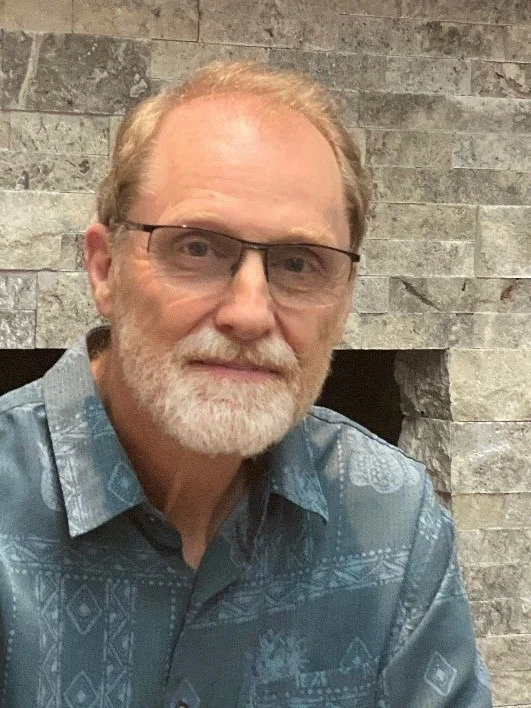Choosing a Career – A Different Approach
-choosing-a-career-a-different-approach-400.jpg)
 How did you choose your career? For most people it was not really a choice at all. Far too many people grab the first job they are offered that sounds good when they are looking for employment. Some are groomed for a specific profession from an early age because it has prestige or promises opportunities for wealth and status.
How did you choose your career? For most people it was not really a choice at all. Far too many people grab the first job they are offered that sounds good when they are looking for employment. Some are groomed for a specific profession from an early age because it has prestige or promises opportunities for wealth and status.
I have been involved with helping people choose their careers for well over thirty years now, and it always amazes me the happenstance manner in which most people end up doing what they end up doing.
Sometimes tough economic times make taking any good job offer a smart move, and wealth and status are important accomplishments for many people. But neither is a good way to find meaningful and significant work that fits your natural skills, talents, and gifts.
So often when people come to us for coaching it is because they are unhappy with their job. They have discovered that what they are doing to make a living is not satisfying. They are one of the 80% who hate what they do.
While our assessments and Perceptual Style Theory are great tools to help them figure out their gifts and talents and discover meaningful and satisfying new directions, I always wonder why it is that people don’t do this earlier in life. Changing what you do in your 30s or later is so much harder than pursuing a career that takes advantage of your natural skills from the beginning.
The problem is that people are often not aware of the concept of natural skills or if they are they do not see the connection to their career. Their natural skills, the things they are good at and enjoy doing, are often relegated to the status of “interest”, i.e., something to do until it is time to “get serious” and make a living.
It doesn’t have to be this way.
Our recent work with a group of high school juniors and seniors confirmed for me that the best time to discover one’s talents and gifts and to use that knowledge most effectively to guide one’s future academic and career is in late high school or early college. At this age, these young people have enough self-reflection to meaningfully complete our assessment, but they have not yet committed to a career or academic direction that traps them on a path that does not fit or take advantage of their natural skills and talents.
Using the Perceptual Style Assessment (PSA) and one-on-one interviews with each student and their parents, we took the approach that the biggest key to career success was not “what” but “how”.
For example, it is not enough to know that you want to be an attorney. How you practice law is just as or more important – being a trial lawyer is very different from being a corporate lawyer.
There are some people for whom order and control come easier than nurturing and empathy. Both can succeed at nursing, but the former would serve best as an OR scrub nurse rather than a ward nurse and vice versa.
In my experience, most career counseling and career inventories and assessments only cover the “what” not the “how”. Our approach is to help people discover the “how” by giving them insight into their innate perception and the broad spectrum of behaviors it naturally supports.
Perspective careers and paths of academic study can be evaluated with this knowledge. Using this approach I have helped people reject jobs, careers, and areas of study that initially sound interesting but do not require or allow the use of their natural skills. I have also helped others choose directions that on the surface held little or no interest, but proved to be a perfect fit when evaluated with this approach.
Please share your thoughts on this topic in the comment section below.
Find out more about the services we have available to help you find the success you want and deserve!
© Vega Behavioral Consulting, Ltd., All Rights Reserved
About Dr. Gary M. Jordan, Ph.D.
Gary Jordan, Ph.D., has over 35 years of experience in clinical psychology, behavioral assessment, individual development, and coaching. He earned his doctorate in Clinical Psychology from the California School of Professional Psychology – Berkeley. He is co-creator of Perceptual Style Theory, a revolutionary psychological assessment system that teaches people how to unleash their deepest potentials for success. He’s a partner at Vega Behavioral Consulting, Ltd., a consulting firm that specializes in helping people discover their true skills and talents.
Additional information about Dr. Jordan